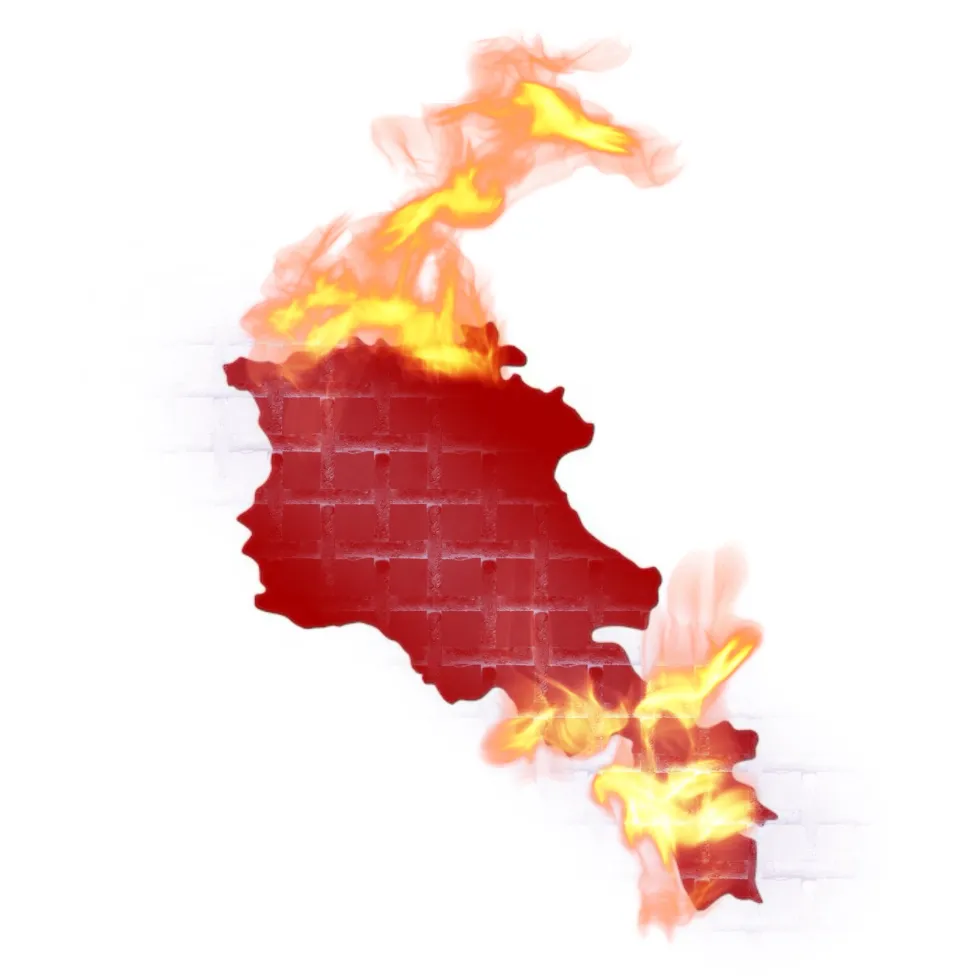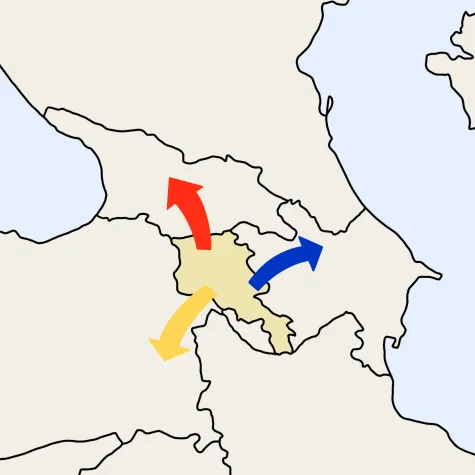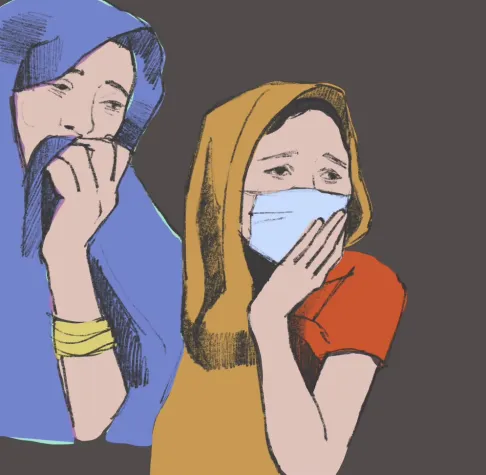Human history bears witness to a recurrent phenomenon - genocide, characterized by the extermination of a particular group based on ethnicity, religion, or nationality, has left an indelible mark on societies across the ages. Unraveling the causes behind these heinous acts requires a stark examination of historical threads, shedding light on the underlying factors that have ignited the flames of genocide. Genocides are not confined to a single era or geographic region. From the Armenian Genocide during World War I to the Holocaust of the Second World War and the Armenian Genocide of 1915, patterns are similar, with the causes often rooted in historical animosities, power struggles, and deeply ingrained prejudices.
One recurring theme that echoes through the corridors of genocidal history is the systematic dehumanization of the targeted group. Perpetrators employ propaganda as a powerful weapon, depicting the victims as subhuman, threatening, or as an enemy within. This psychological tactic serves to justify the acts that follow, as it numbs the collective conscience of those who carry out or condone the atrocities.
Genocides frequently emerge from ethnic and religious strife, where long-standing tensions between groups erupt into violence. The Balkans in the 1990s witnessed the horror of ethnic cleansing as Yugoslavia disintegrated, and Bosnia-Herzegovina became a battleground for rival factions. Similarly, the Sudanese Darfur conflict, fueled by religious and ethnic divisions, resulted in mass killings and displacement.
Genocide, in some instances, is driven by economic motives. The scramble for resources, be it land, wealth, or strategic advantage, can catalyze mass violence. The Herero and Nama genocide in German-occupied Namibia during the early 20th century, often regarded as a precursor to the Holocaust, was fueled by imperialistic ambitions and a desire for territorial control.
The deafening silence of the international community has been a contributing factor to the perpetuation of genocidal acts. Whether due to political expediency, geopolitical considerations, or a lack of will, instances like the Rwandan Genocide illustrate the catastrophic consequences of global inaction in the face of mass atrocities.
Genocides are complex and multifaceted, emerging from a confluence of historical, political, economic, and social factors. Acknowledgement of these root causes is crucial for preventing the recurrence of such atrocities in the future. The lessons learned from dark moments of human history serve as a stark reminder that the seeds of genocide are shown not only in the hearts of individuals but also in the collective conscience of societies that turn a blind eye to the warning signs. Only through a vigilant commitment to human rights, tolerance, and international cooperation can a communal effort hope to break the cycle of genocide that has been recurrent for centuries.

 Impact of the Second Armenian Genocide on Diaspora and Cultural Heritage
Impact of the Second Armenian Genocide on Diaspora and Cultural Heritage